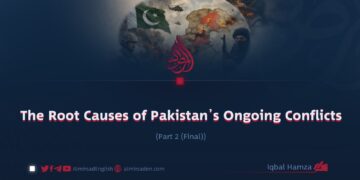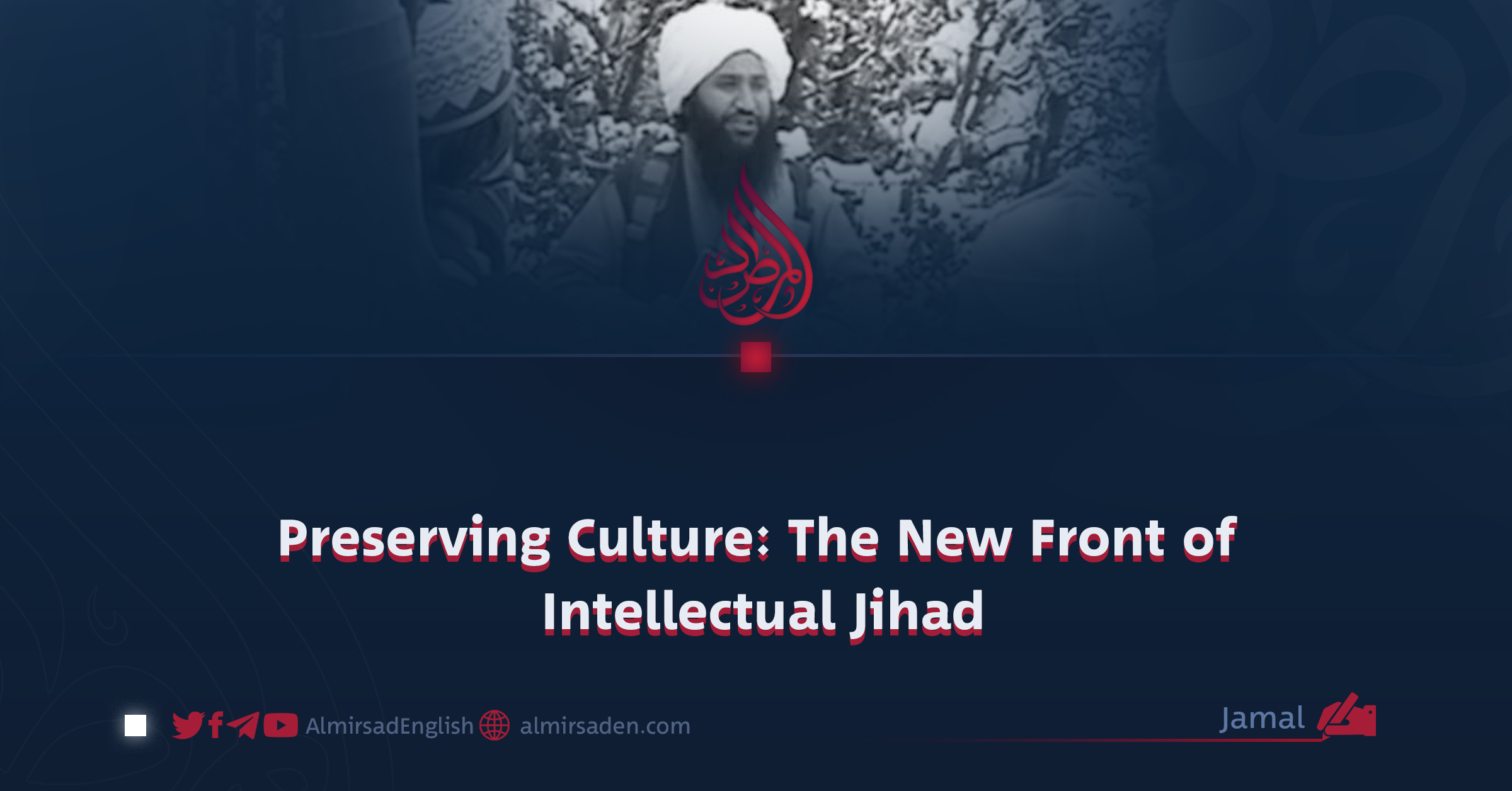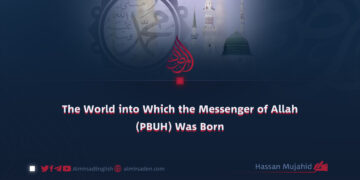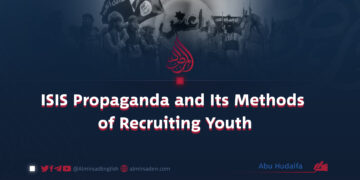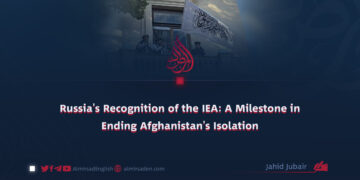By Jamal
A nation’s dignity, identity, and very survival depend upon its ability to safeguard its cultural and intellectual foundations. The Afghan nation, guided by the light of Islam, is the heir to a noble heritage and a civilization of great depth. Our traditions, customs, and way of life are anchored in faith, honor, and chastity. Yet decades of political turmoil and foreign interference have placed these cultural treasures under serious threat.
Islamic and Afghan culture are inseparably bound. The structure of our families, the etiquette of respect, the bonds of love and brotherhood, and our understanding of what is lawful and unlawful all reflect the spirit of Islam. This cultural framework forms the moral core of our society. In contrast, Western culture, driven by material freedom and moral permissiveness, strives to erode these timeless values.
The mechanisms through which Western influence spreads are subtle yet powerful: media, cinema, social networks, and the allure of glamour and luxury. These instruments gradually reshape the thinking and taste of the younger generation until many begin to undervalue their faith and national pride, replacing them with an uncritical admiration for foreign lifestyles.
In this cultural confrontation, the defense of the Afghan Muslim mind is itself a form of jihad, a jihad of intellect and expression. This struggle must be fought through knowledge, education, writing, and the media. Every teacher, writer, parent, and scholar carries the responsibility of planting the roots of Islamic thought deeply in the hearts of the next generation.
Preserving culture is not about clinging to the past; it is about renewing it for the present. We must learn to harness modern tools and technology without compromising the spirit of our beliefs. Just as Islamic civilization once stood at the forefront of knowledge, art, and ethics, the Afghan Muslim nation today can again set an example by harmonizing innovation with piety.
The threat of foreign culture lies not merely in the changing of attire or language but in the subtle colonization of thought. When a nation borrows its way of thinking from others, it loses the essence of its identity. To prevent this, we must strengthen our intellectual independence, promote Afghan languages, and build a solid foundation in Islamic philosophy and education.
The media, school curricula, and public programs must reflect our national and Islamic values. Films, broadcasts, and publications that contradict Islamic ethics only weaken the moral and intellectual fabric of society. Instead, our history, literature, bravery, and spiritual pride should be celebrated and given renewed expression.
At the heart of this struggle lies the family. When parents nurture their children according to the Qur’an and the Sunnah, no external ideology can sway them. Instilling love for faith and culture from an early age builds the strongest defense against intellectual invasion.
Equally vital is the cooperation between the state and society. Through coordinated efforts in cultural policy, literature, education, and religion, we can create a united intellectual front against foreign influence. This mission must continue through schools, art, journalism, and social reform.
Ultimately, the preservation of Afghan and Islamic culture is not a matter of choice but a sacred duty, both national and religious. To lose our identity is to lose the soul of our independence. Let us, therefore, through faith, knowledge, dignity, and resolve, stand firm against cultural invasion and preserve our heritage as an honored trust for the generations to come.


















